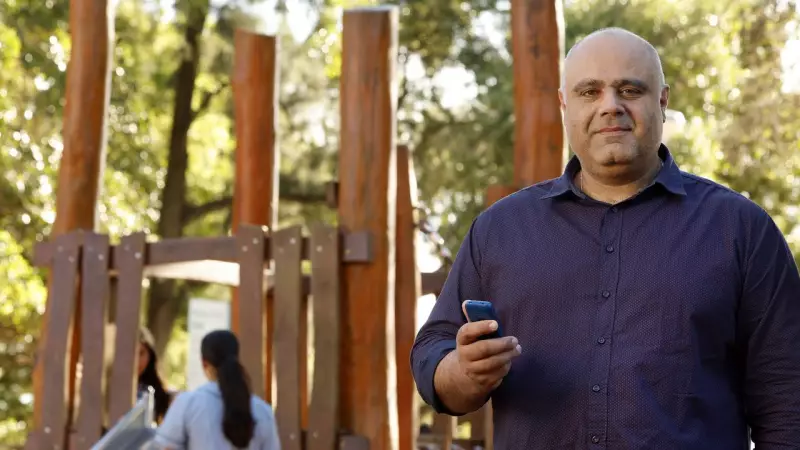
The Smartphone-Free Childhood Movement
A Sydney father-of-five is making headlines with his uncompromising approach to technology in the family home. Dany Elachi from Bexley has implemented a strict policy that prohibits his children from owning smartphones until they reach 18 years of age and complete their high school education.
The decision affects all five of his children, who range in age from eight to sixteen years old. Mr Elachi believes this approach protects what he describes as the precious years of childhood, free from the constant distractions of digital devices.
From Personal Experience to National Movement
The family's smartphone stance didn't emerge from theory alone. Mr Elachi and his wife Cynthia initially gave their eldest daughter Aalia a smartphone when she was ten years old, but quickly observed dramatic negative consequences.
"We quickly saw that it was a real time sucker, a life blocker... it was basically the end of childhood," Mr Elachi recalls. He compares smartphones to having "a poker machine in your pocket" that children lack the defences to manage responsibly.
The immediate effects were striking - Aalia withdrew to her bedroom, spending hours daily on the device while her engagement with music, sports, art, and family activities diminished significantly.
The solution came in replacing the smartphone with a basic "dumb phone" capable only of calling and texting. The transformation was rapid and positive. "Almost instantaneously, Aalia came out from her bedroom and started reconnecting with her family and her interests," Mr Elachi reports.
Now aged sixteen and approaching her HSC examinations, Aalia continues to thrive without smartphones or social media, maintaining active friendships and participating in sports and other interests.
Building Community Support
Recognising that his children might feel isolated being the only ones without smartphones, Mr Elachi reached out to other parents at his children's school. This initial effort has since evolved into the Heads Up Alliance, a nationwide community of families committed to delaying smartphone and social media access for children.
"Creating that community showed our daughter that that wasn't the case," Mr Elachi explains. "It also gave parents a little bit of muscle to say 'we can do this, we're not going to give in just because everyone else has one.'"
The Alliance has grown into a powerful advocacy group, successfully campaigning for phone bans in public schools across Australia and influencing upcoming federal legislation.
New laws scheduled for implementation on December 10 will prohibit children under sixteen from accessing social media platforms including Facebook, Snapchat, X (formerly Twitter), and TikTok. The Elachi family plans to extend these restrictions until their children turn eighteen.
Mr Elachi emphasises that delaying smartphone access represents a "positive message we want to share" with other Australian families. "You have a chance of holding out a few extra years to give children a few extra years of childhood that we think are so critical," he concludes.





